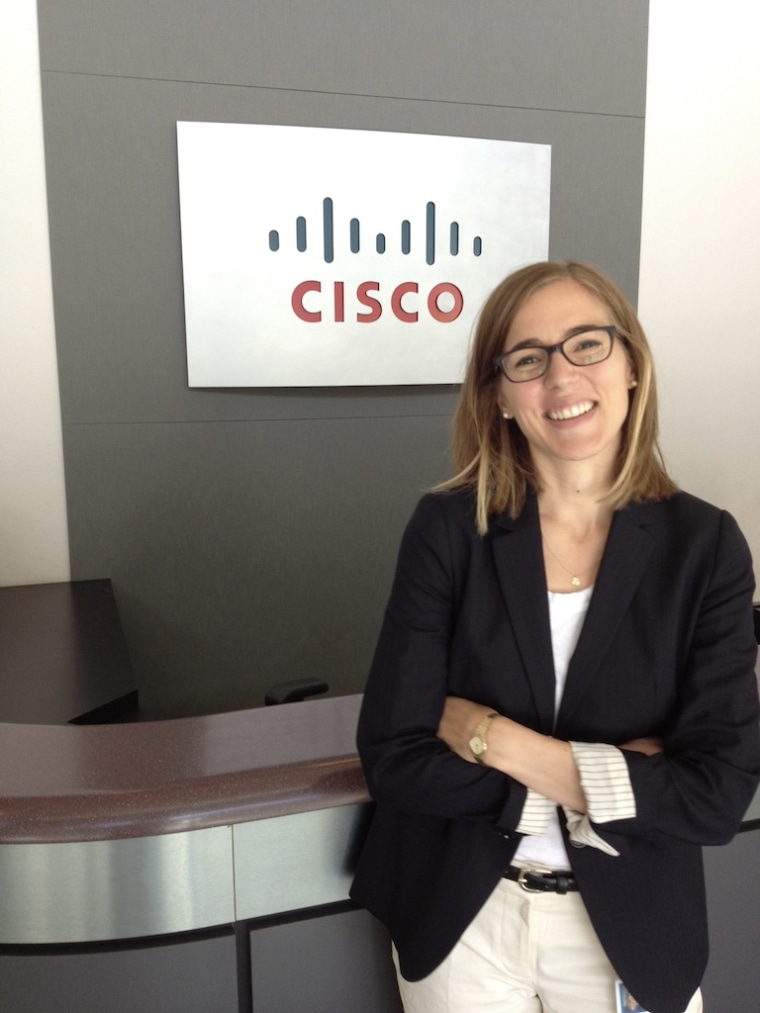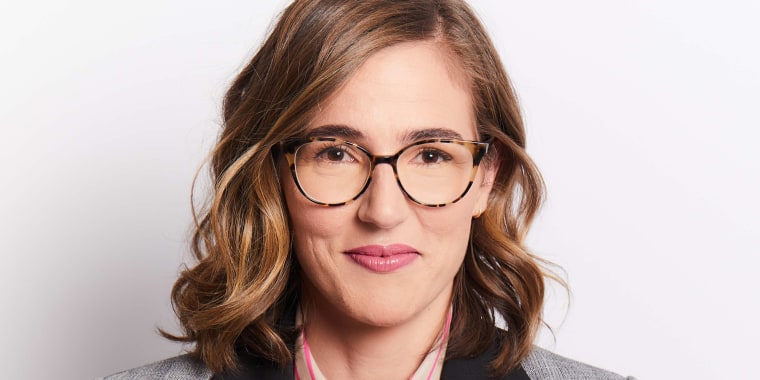In TMRW’s “My First” series, we highlight true stories from readers who open up about the pivotal moments in their lives — from their first jobs to their first breakups and more — and what they learned from these personal milestones.
When I look back at my first salary negotiation, the number that comes to mind is 20/20 — that's how sharp my hindsight is 13 years later.
It was the height of the 2008 financial crisis and both the U.S. and global economies were in meltdown mode — a weird time to get a job. I had just graduated from college in Greenville, South Carolina, and decided to pack up and move to Chicago, even though I hadn’t lined up anything. I hit the ground running and started reaching out to people in my network. A coffee meeting led to a job application and three months after I arrived in the Windy City, I’d gotten my first corporate job at a private bank.
I was interested in banking because I thought it would be a cool experience, seeing firsthand what was happening around the world. Although I didn’t have prior experience, I pointed to my schooling (I’d studied business administration and taken a lot of finance and accounting classes) and summer jobs during the interview process. I remember going in to meet with three different people and just praying that they wouldn't pick apart my lack of experience.

The last person I met with was a human resources manager. I was super excited when she extended a job offer to me to become a trainee in the bank’s leadership training program. Since I’d always been taught to negotiate and I knew what my worth was, I asked for $2,000 more than she offered me. It was probably the softest negotiation ever but I still made it a point to ask. I'll never forget, where I was sitting, where she was standing and how things unfolded.
For more like this, follow TMRW on Instagram at @tmrwxtoday.
She essentially told me not to be greedy: “This is the best offer you'll get. This is such a great place to work and let me tell you about my personal experience negotiating here and how the salary has been taken care of and you'll be taken care of.” I didn’t know any better and was naive about the entire experience. What I heard from her was that I shouldn’t be crazy and that I should take the offer.
My reaction was passive and accepting because I was talking with another female, someone that I trusted to have my back in some way. I don't know if it would have been different had the HR manager been a man, but I don't think speaking to a woman helped me or my situation. I was happy to take any job and wasn’t willing to put up a fight because this was something I couldn’t pass up. I took the job offer on the spot.
Once I started my training program, I developed a rapport with the other trainees in my group. We all started on the same day, took the same coursework, participated in field assignments and would do a lot socially together as well. The conversation around compensation came up organically one day. One guy happened to mention what he was getting paid and another agreed that he was getting the same amount. They revealed they had gotten the same offer that I had received but had negotiated for more. Both of them ended up receiving the same outcome: $3,100 more than their initial offers.

I was really pissed when I found out. It was such a shock and I didn’t tell them I was getting paid less because I was embarrassed by it. But I also didn't take that information back to my hiring manager or to HR. I knew I wanted to return to graduate school and that this trainee role was a stepping stone for me. I learned so much from that job, both what I expected to learn and what I didn't expect to learn, both of which were eye-opening for me. This failed negotiation became an important and life-altering lesson and I'm actually happy that it happened because it has made me a huge advocate for negotiation and pay equity today.
Negotiating your first job offer is the hardest. You may not have the confidence or the experience but it’s crucial to do your homework and ask others, like mentors and career counselors, for guidance. Networking, both formally and informally, is a really powerful tool and the more information that you can come armed with, the better equipped you are at the discussion table.
I think it’s important to understand and recognize that women and men can have very different experiences in the same exact situation. Although women are being told to ask for more, they don't always have advocates in the room and they tend to receive way more pushback than their male counterparts. It should be everyone's role to try to support women and ensure that they get equal compensation and treatment. Having this conversation and raising awareness about pay disparity is a really powerful step forward in implementing change.
As the founder and CEO of Argent, a women’s workwear brand, everything that I do today is a negotiation. I'm constantly trying to convince people to invest, join our team or come on board as a vendor.
As an entrepreneur, you have to be a master negotiator. It starts with just an idea and you convince the people that it's the best and that you're about to do something huge.
